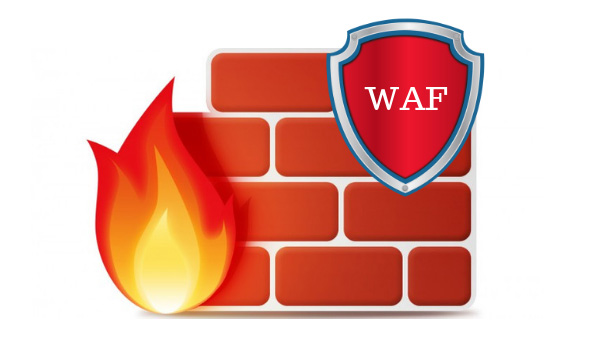What is WAF? Why do businesses need a Web Application Firewall to protect their systems?
In the constantly evolving information technology landscape, businesses are increasingly facing many network security challenges, especially threats from attacks on web applications. One of the leading security solutions today is WAF (Web Application Firewall), also known as the Web Application Firewall. So, what is WAF, how does it work, and why do modern businesses need to invest in this solution?

What is WAF?
WAF, short for Web Application Firewall, is a specialized firewall designed to protect web applications from dangerous attacks. Unlike traditional firewalls, which only monitor and control data flow at the network level, WAF focuses on the application layer - a critical security level where web applications operate and where the most dangerous attacks occur.
Common attacks that WAF can prevent include SQL Injection, Cross-Site Scripting (XSS), File Inclusion, and even DDoS attacks aimed at crashing a business's web system. When a request is sent to the web server, WAF analyzes and determines if it is an attack before allowing the request to access the application.
How does WAF work?
WAF operates based on pre-configured security rules. These rules allow WAF to classify and process data flows from different sources, detecting and blocking malicious requests before they can harm the application system.

When a request from a user or other systems is sent to the web application, WAF performs the following steps:
Request analysis: WAF checks factors such as IP address, request headers, and request content to see if the request contains signs of an attack.
Comparison with security rules: Requests are compared against the established security rules. If a request matches one of the known attack patterns (such as SQL Injection or XSS), WAF blocks the request and returns an error response to the user.
Event logging: WAF not only blocks attacks but also logs these events so businesses can monitor and analyze potential risks.
Flexible response: In the case of large-scale attacks, such as DDoS, WAF can adjust and set appropriate countermeasures, such as temporarily blocking requests from a specific group of IP addresses.
Key features of WAF
Protect applications from security vulnerabilities
Web applications often contain many security vulnerabilities, and attacks can exploit these vulnerabilities to infiltrate the system. WAF helps detect and block attacks, protecting applications from external risks.Defend against Distributed Denial of Service (DDoS) attacks
DDoS is a type of attack where attackers send a flood of fake requests to overload the system. WAF can analyze and filter requests, minimizing the risks of these attacks.Flexible customization
WAF is not a "fixed" solution. Businesses can customize WAF's security rules and policies to suit each application's unique environment, ensuring the highest level of protection.Real-time security
WAF provides real-time traffic monitoring and analysis for applications, helping detect and quickly respond to attacks.
Benefits of WAF for businesses
Comprehensive security for the application system
One of WAF's most significant benefits is its ability to provide comprehensive protection against cyber threats. Thanks to WAF, businesses can minimize the risk of cyberattacks and ensure that their sensitive data is always securely protected.Compliance with security regulations
Many industries, such as finance, healthcare, and e-commerce, require businesses to adhere to strict security standards. WAF helps companies meet these standards while enhancing their reputation with partners and customers.Improved application performance
Minimizing malicious and invalid requests also helps the system run more smoothly, improving the application's overall performance and providing a better user experience.Enhanced security monitoring and analysis
With detailed logging and reporting features, WAF helps businesses monitor suspicious activities and proactively address threats. WAF reports also help companies analyze and learn more about new attack trends.
Why should businesses deploy WAF?

In today's digital era, most businesses rely on the internet and web applications to provide services and reach customers. Therefore, protecting web applications is a mandatory requirement to maintain system stability and security. With the rise of cyberattacks, investing in WAF is a necessary step to protect businesses from potential risks.
WAF not only helps businesses protect their data and systems but also ensures compliance with security standards, improves system performance, and enhances user experience.
Conclusion
WAF (Web Application Firewall) is an essential security solution for any business operating web applications. With its ability to protect against dangerous attacks, WAF helps companies minimize risks, enhance security, and maintain operational continuity. Investing in WAF is not just investing in cybersecurity but also investing in the future of the business.












